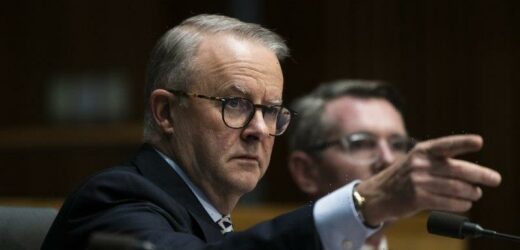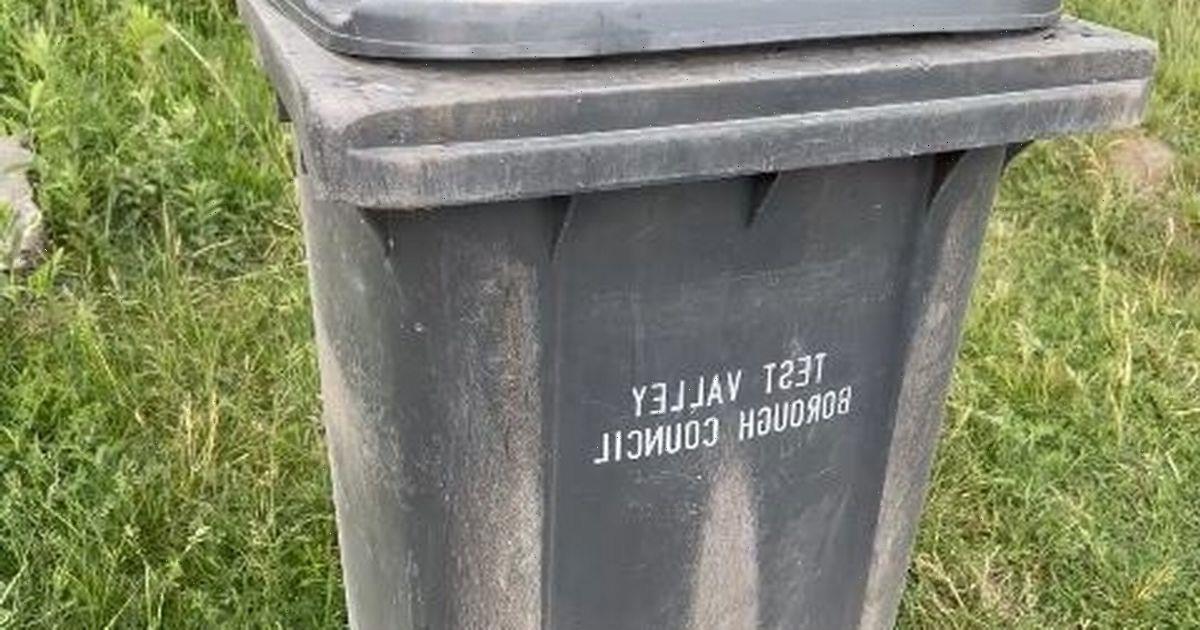Anthony Albanese has made a cautious start as prime minister with early action on some domestic policies, successful visits overseas and a promise to pass laws to deliver on his election promises when parliament meets at the end July.
Four weeks after the election, things have gone smoothly since May 21 and the prime minister is drafting a timetable to minimise risk. Parliament will not meet until July 26 and will only sit for four weeks before the October 25 budget.
Anthony Albanese has been cautious, and necessarily slow off the mark in his first four weeks.Credit:Rhett Wyman
The pace is steady, but it is only a matter of time before something goes wrong. It is impossible for a new cabinet to take control without crunching the gears.
The great success of the first four weeks has been on the international stage, with Albanese meeting leaders in Tokyo and Jakarta while Foreign Affairs Minister Penny Wong mended fences in the Pacific with a diplomatic offensive around the region to manage the growing influence of China.
Action has been slower in most other portfolios because it has to be. While some changes happen quickly, most take years. Labor made a swift decision to return the Nadesalingam family to Biloela, for instance, but the government has to deal with a long-term visa logjam for 300,000 people waiting on bridging visas.
In the same way, Albanese wasted no time in signing a formal pledge to the United Nations to cut greenhouse gas emissions by 43 per cent by 2030, but the signature is the easy part. The Prime Minister wants to legislate this target as soon as July, setting up a test for Greens leader Adam Bandt and Liberal leader Peter Dutton.
Labor policies can take effect even if the Senate opposes the target, a crucial difference with the veto of the emissions trading scheme by the Coalition and the Greens in 2009. Albanese can retain the target even if it’s not legislated.
The Coalition, meanwhile, is divided. Dutton said on Sunday the opposition did not support legislation for the 43 per cent target but some of his senior colleagues want to see the draft law before making that call. His Senate leader, Simon Birmingham, basically said as much on Friday. Does this matter? Only in the sense that the Coalition internal fight on climate will continue for years while Labor makes the decisions that count.
The practical challenge, in fact, is that the Labor policy to upgrade the electricity grid cannot happen fast enough. The plan includes a $20 billion investment in transmission networks, courtesy of taxpayer support, in a mammoth public intervention to support renewable energy. This will make no difference this winter because the Liberals and Nationals failed to add enough energy to the grid while holding power for nine years.
A new scheme to subsidise energy generators who offer reliable supply, known as a capacity mechanism, will also take time. The final design will not be put to energy ministers until February; nobody is sure when it will start and how much consumers will have to pay for the subsidies.
The first four weeks of the new government included one backflip. Albanese repeatedly criticised the structure of national cabinet while in opposition and promised greater transparency over its decisions. He abandoned this, without explanation, on Friday. The peak council, which is not really a cabinet, will be as secretive as before.
It is impossible for a new cabinet to take control without crunching the gears.
The early days also saw a dud call: the treatment of Tanya Plibersek. While there may have been some logic to moving her from education to environment, given her new job is crucial and a new minister had to be found, she was not appointed Minister for Women even though she had held this portfolio, with passion and skill, for six years. Whatever the reasons for Albanese’s decision, merit could not have been one of them.
The new minister for women, Katy Gallagher, will have more than enough on her agenda as finance minister, a job that will require her to say no to spending. The problem is that the Minister for Women will need to be a voice for new policies and, inevitably, new spending. The outcome is a structural challenge, not just a personal slight.
The Labor agenda will emerge slowly. The truth is that the government is still feeling its way around the ministerial wing of Parliament House, where former staff have only just turned off the paper shredders and the new arrivals are searching for tech support. Exhausted after years in opposition, some advisers have chosen not to sign up to new jobs. A rapid search for new workers is underway.
Nobody should be surprised that the transition takes time. It has been nine years since an opposition swept into power in Canberra. This is a rare moment.
The last prime minister to go through this exercise, Tony Abbott, hit the ground reviewing. Abbott set up a national commission of audit in late 2013 before making big decisions. The election was in September, the audit came out in May. Only then did the new government’s fiscal policy see the light of day with unpopular spending cuts in the first budget.
Australians should remember this history if and when the Liberals start complaining about the long wait for Albanese to reveal his hand. Labor will take five months to produce its budget; the Coalition took eight. (There was, of course, a Coalition mid-year budget update at the end of 2013 but the major policies only came the following May.)
It is a strength, not a weakness, for a new government to start with reviews. Albanese has asked top public servants to review health funding. Treasurer Jim Chalmers has asked his department to audit spending programs. Chalmers will receive a five-year review by the Productivity Commission in February, shaping a debate about economic reform. He wants an Intergenerational Report late next year to focus attention on long-term decisions.
Then there is the employment summit to be held in September or October. Labor has outlined its plans for workplace law, including paid domestic violence leave, minimum standards for “gig” workers, bans on wage theft, and rules to ensure workers at labour hire companies receive no less than workers employed directly. The summit opens up a debate about further change.
The country needs the cycle of renewal that a new government brings, but the cycle does not run quickly or smoothly. The entire exercise means crunching the gears in the machinery of government at some point. It is a jolt to the system. It is designed to be.
The Morning Edition newsletter is our guide to the day’s most important and interesting stories, analysis and insights. Sign up here.
Most Viewed in Politics
From our partners
Source: Read Full Article



